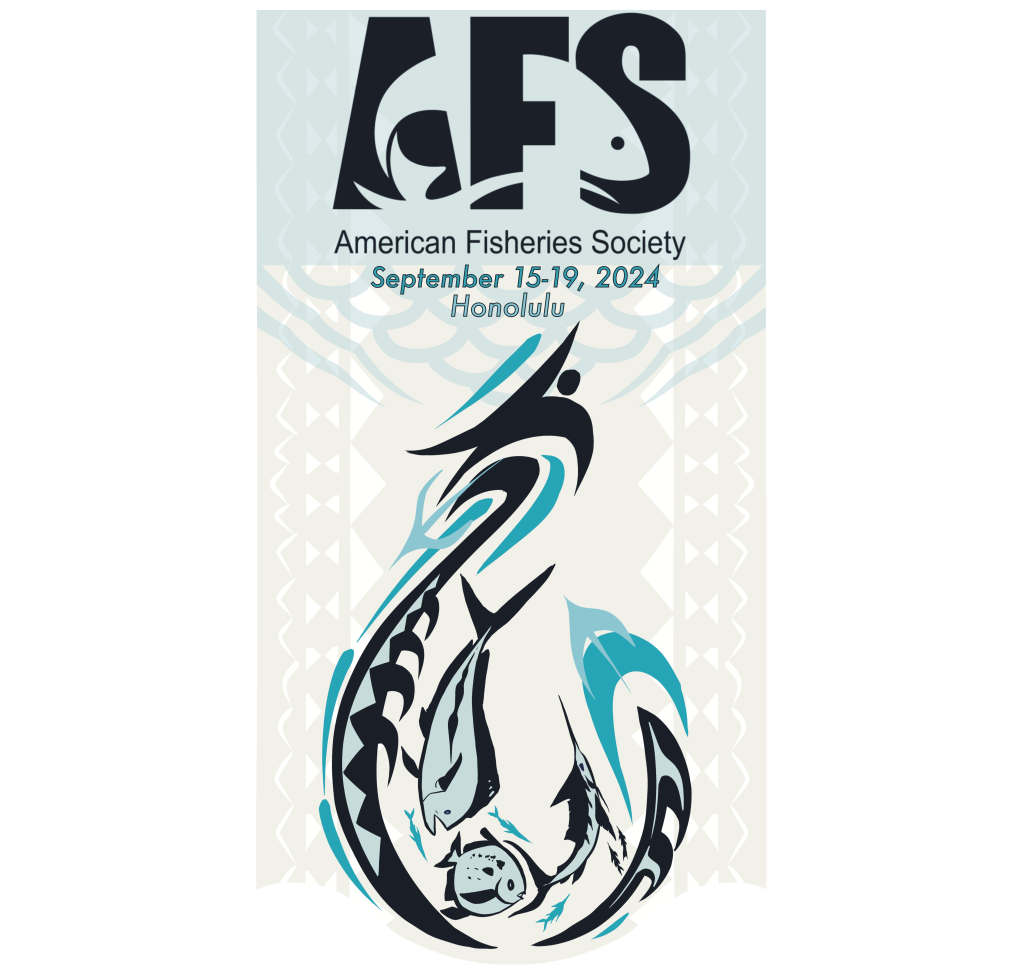Ecological connectivity is a complex concept that links habitats across space and time and has important implications for the management and conservation of fishes. In the Anthropocene, humans have drastically altered both landscapes and seascapes, resulting in changes in ecological connectivity for both marine and freshwater systems. In many cases, movements of organisms, energy, genes, and nutrients are disrupted or blocked entirely as an unintended consequence of anthropogenic activities. The full implications of reduced connectivity at the population- and ecosystem-level are yet to be understood, hindering effective conservation. This session will include presentations that consider fish connectivity in both marine and freshwater environments: exploring impacts and mitigation strategies, and highlighting the use of connectivity data as a conservation tool. We are particularly interested in case studies that employ a knowledge co-production approach as a means to generate actionable research.
Organizers:
- Morgan Piczak, Carleton University, [email protected]
- Jordanna Bergman, [email protected]
- Jessica Robichaud, [email protected]
